.jpg)
A routine international journey turned into a 42-hour test of patience for passengers on Qatar Airways Flight QR579, after a technical fault in Delhi triggered a domino effect of missed connections, late arrivals, and what travelers describe as “zero accountability” from the airline and regulators.
The trouble began on November 22, 2024, when Flight QR579 from Delhi to Doha was delayed by more than five hours due to technical issues, departing at 9:10 AM instead of the scheduled 3:40 AM. This delay caused passengers to miss their connecting flight to Cape Town, leaving them stranded in Doha. Rather than providing immediate rebooking, Qatar Airways rescheduled the group for a flight the following day, ultimately delivering them to Cape Town at 8 PM on November 23 over 26 hours behind schedule.
The extended delay upended travel plans and, according to one passenger, created a safety risk due to the late-night arrival. “We endured 42 hours of fatigue, disrupted plans, and a complete lack of accountability from the airline,” the passenger wrote in a widely shared online post. The airline’s response offering $200 non-refundable vouchers per person, valid only for future bookings was met with frustration.
Multiple attempts to escalate the matter with Qatar Airways’ senior customer service staff yielded no further compensation, and a formal complaint to the Qatar Civil Aviation Authority (QCAA) was dismissed. The QCAA argued it could not intervene since Doha was only a transit point, a stance passengers say contradicts the Montreal Convention, which sets global standards for airline liability in cases of delay.
The Montreal Convention allows international travelers to claim damages for delays, including reimbursement for out-of-pocket expenses up to a capped amount, regardless of where the delay occurs. However, as this case illustrates, enforcement can be inconsistent. “QCAA refuses to enforce it,” the passenger noted, after their claim was rejected. With few options left, the traveler is now considering whether to pursue the matter with India’s Directorate General of Civil Aviation (DGCA) or in consumer court, though they question whether the effort will be worthwhile.
The story has resonated with many, drawing responses from others who report similar experiences with international flight delays and minimal accountability. As one commenter put it, “It’s when things go wrong airlines really show their true colours, and in this case Qatar were very poor”. With regulatory protections like the Montreal Convention often difficult to enforce, the burden of seeking redress continues to fall on the passengers themselves.



.jpg)


.jpg)
.jpg)



.jpg)





.jpg)




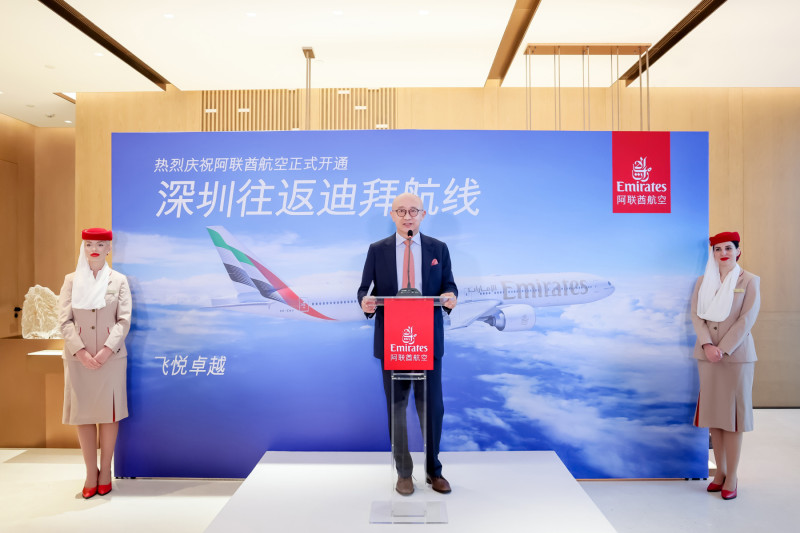
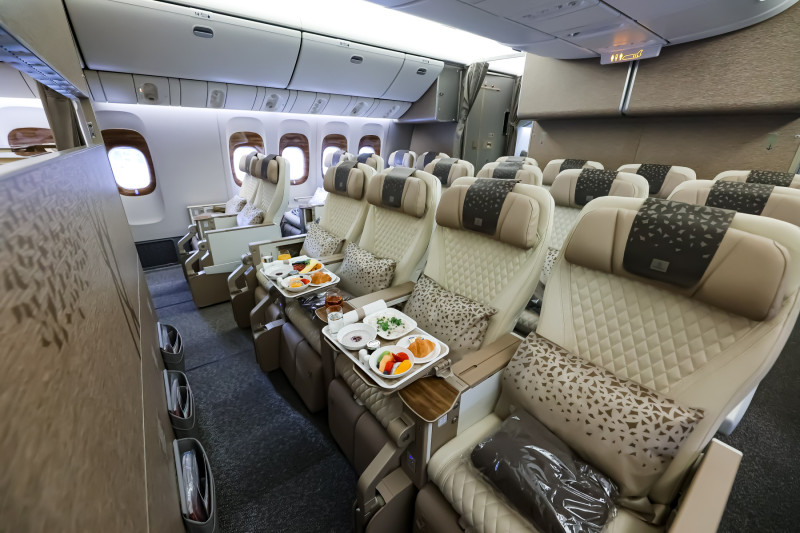
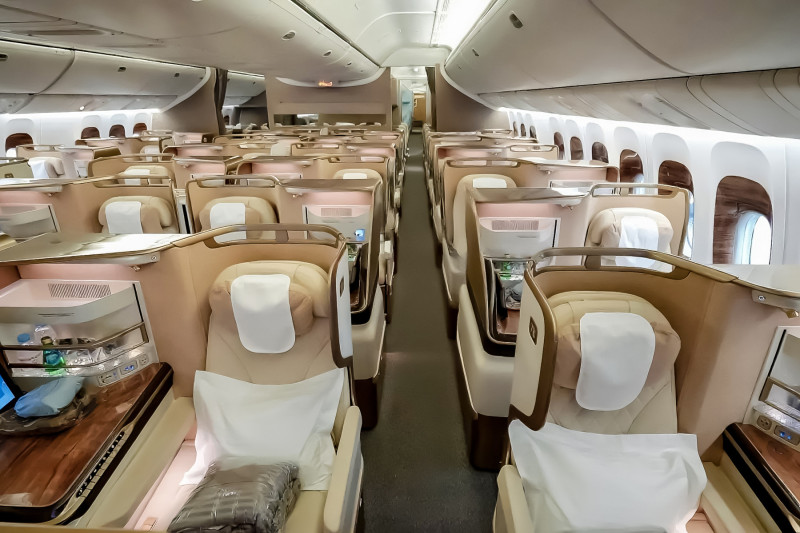
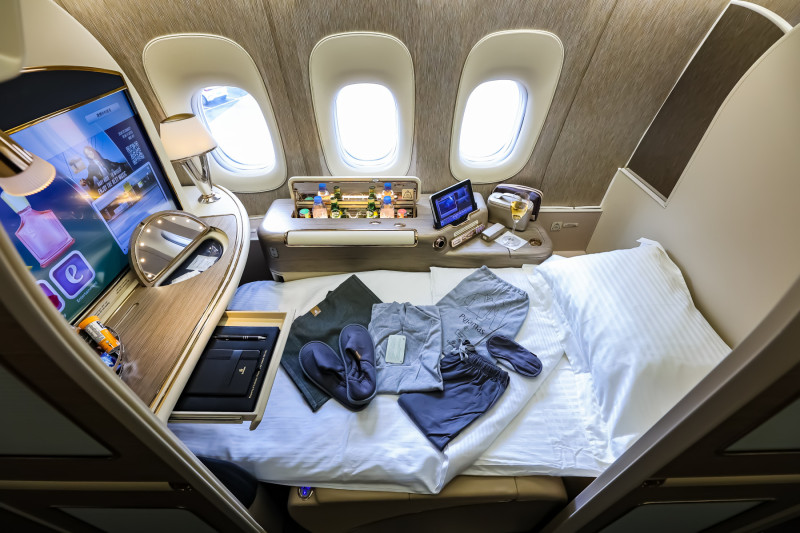
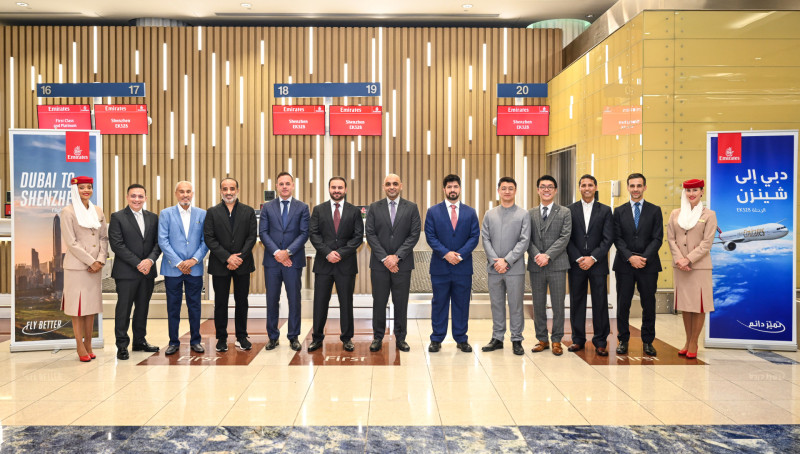

.jpg)






.jpg)







.jpg)






.png)







.jpg)

